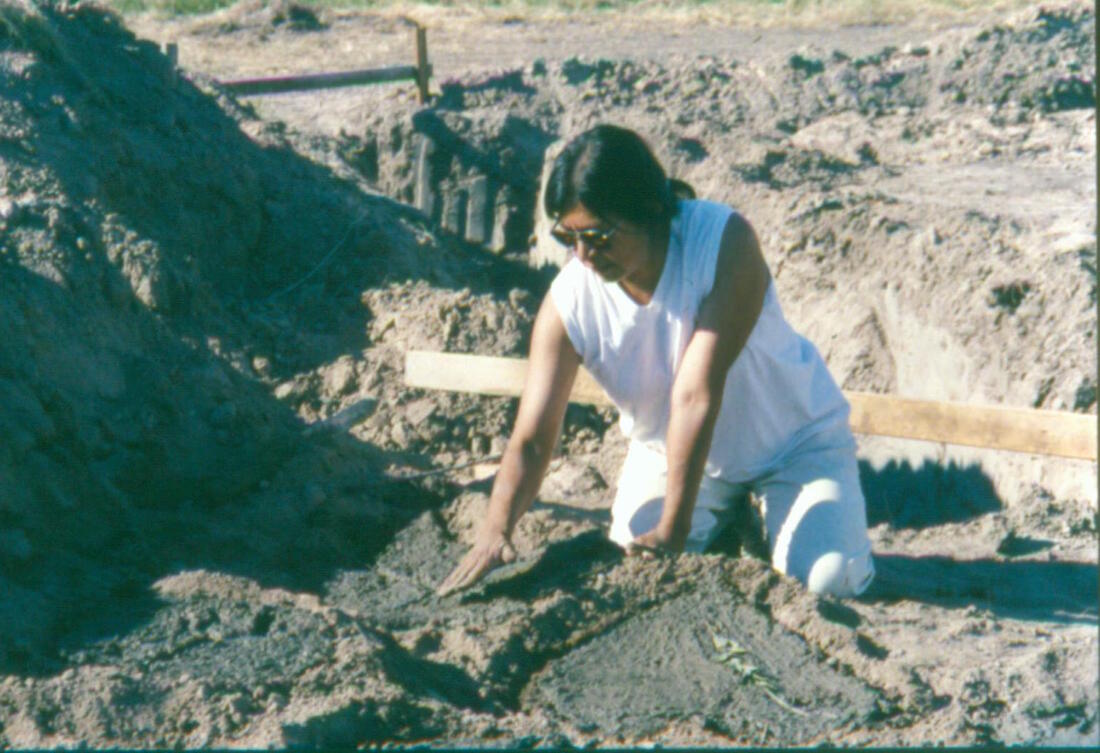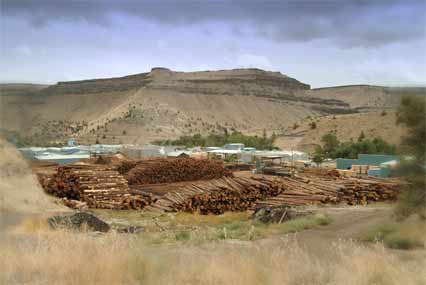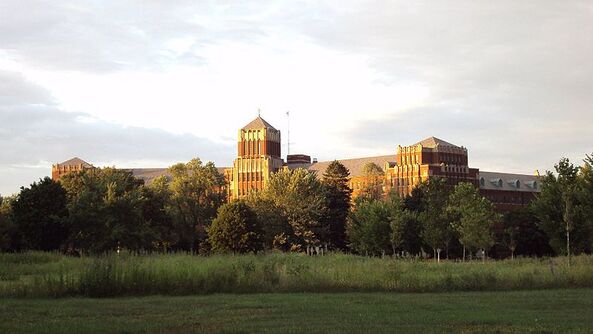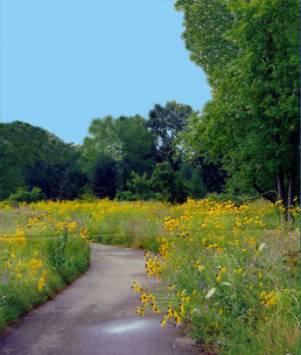Territorial Planning
Autopoiesis LLC Principals Dr. Stuart Cowan and Kathryn Langstaff have been supporting integrated large landscape scale territorial planning and development since the publication of Ecological Design in 1996 and the design of the Reliable Prosperity framework for bioregional regeneration at Ecotrust from 1999-2002. Starting in 2018, Stuart has participated in national scale regenerative roadmapping processes for Costa Rica Regenerativa, Australia, and Colombia, and with the Common Earth Alliance. Services include territorial planning at watershed to national scales integrating regenerative goals, just transition pathways, biophysical planning, systems mapping, sectoral economic development planning, social processes supporting regeneration, governance, cultural narratives, and evaluation.
Ecological Design
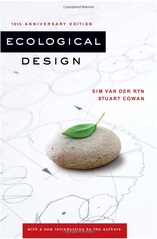
Autopoiesis LLC Principal Stuart Cowan is the co-author of Ecological Design (Island Press 1996, 10th Anniversary Edition 2007), a visionary integration of ecology, complex systems, and design thinking. The book has been translated into Japanese, Korean, and Mandarin and widely used as a sustainable design textbook.
Reliable Prosperity: Bioregional Regeneration
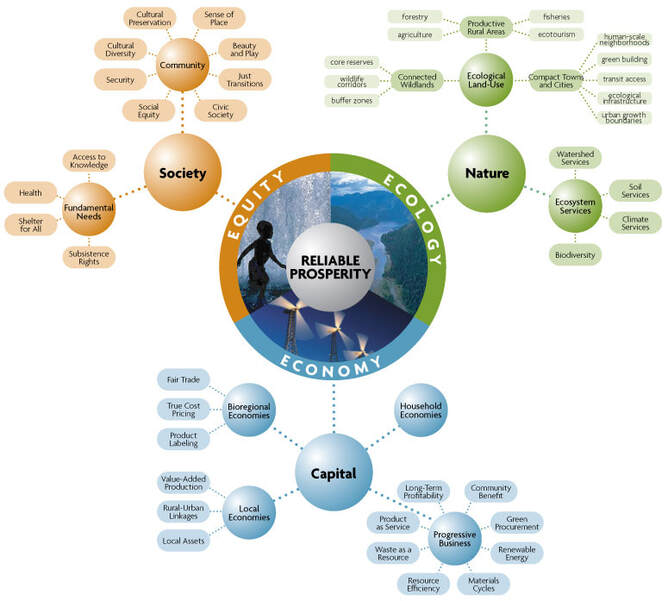
From 1999 to 2002, Autopoiesis LLC Principals Stuart Cowan and Kathryn Langstaff worked on the Conservation Economy framework for the ecological megaregion scale regeneration of the coastal temperate rainforest of North America stretching from northern California to Alaska. This took the form of an interactive, online pattern language with 57 patterns addressing social, ecological, and economic transformation across multiple scales, later renamed Reliable Prosperity.
Common Earth Alliance
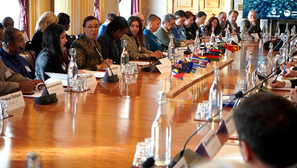
In his role as Founding Convener for the Regenerative Communities Network, Stuart Cowan is a Co-Founder of and serves on the Core Team of the Common Earth Alliance. This Alliance was formed to support Common Earth as the designated implementation partner for regenerative development for the Commonwealth of Nations. One of its key work streams is supporting regenerative roadmaps for the 54 nations of the Commonwealth.
Costa Rica Regenerativa
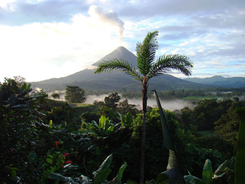
Since 2017, Stuart Cowan has been supporting the Costa Rica Regenerativa initiative under the leadership of Dr. Eduard Müller of the University for International Cooperation. This initiative is now working with the Common Earth Alliance to develop shared protocols for national-scale regenerative roadmaps alongside other nations including New Zealand, Australia, and Colombia.
Amazon Sacred Headwaters Initiative
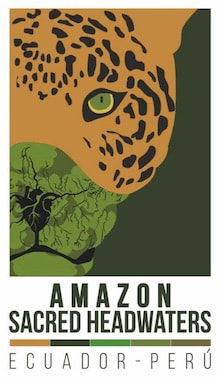
Stuart Cowan serves on the Financial Mechanisms and Bioregional Plan de Vida Task Forces for the Amazon Sacred Headwaters Initiative. The Amazon River is vital to all of humanity and one of its birthplaces is under threat from expansion of oil drilling, mining, and new roads that will change it forever. This region spans 74 million acres; is among the most biodiverse places on Earth; and is home to nearly half a million Indigenous peoples from 20 different nationalities in Ecuador and Peru.
Open Source Conservation
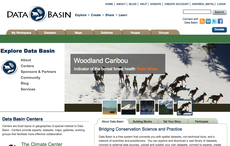
Autopoiesis LLC provided strategic planning for the Conservation Biology Institute on its Data Basin project, a leading open source platform for conservation data.
Costa Rica Regenerativa
O'yate O'Tipi Tawapi ~ Homes for the People Project
Ta S'ina Tokaheya Project
Makah Tribe New Market Rural Tax Credit for Eco-Forestry
Warm Springs Biomass Project
Tate Oglala Sioux Tribal Renewable Energy Authority
Karuk Tribe & Klamath Siskiyou Art Center & Six Rivers National Forest
Sisters & Servants of the Immaculate Heart of Mary
|
"One of our priorities was green space – preserving and enhancing our gift of Nature. Our campus is home to native trees more than 100 years old, which provide historic and ecological value to the community and root us in place by keeping us connected to the web of life." ~ Sisters, Servants of the Immaculate Heart of Mary
Increase Biodiverstiy Raisin River Island Conservation Preserved meadow Organic garden Water Reuse and Reduce Stormwater Runnoff Energy efficiency |
Generated a land-use and facilities plan for a 360-acre campus in Monroe, Michigan for a Catholic order. Led a visioning process resulting in a commitment to sustainable buildings and facilities, ultimately resulting in a massive renovation of the 375,000 s.f. Motherhouse complex by Susan Maxman Architects, and received a 2006 AIA Committee on the Environment Award
|
Sisters and Servants of the Immaculate Heart of Mary, Monroe Michigan, 1997. We conducted a needs assessment and worked with a leadership and management team to create a master plan to steward their 500,000 s.f. campus and 360+ acreage which included a financial analysis for helping them make decisions to divert funds to create regenerative campus that increased biodiversity while making financial sense. An 11 acre lawn conversion to meadow and prairie, improved the bio-diversity of the site and protected existing natural habitat. In 2010, The National Wildlife Federation declared the grounds as an official “Certified Wildlife Habitat” site. The reduction in costs associated with mowing lawns results in lower consumption of non-renewable energy. In the parking lots, vegetated swales handle the storm water runoff. St. In 1998, Mary Organic Farm (SMOF) was created as a two-acre community organic garden dedicated to the renewal of local, sustainable food. Constructed wetlands, imitating natural wetlands, purify water coming from the Motherhouse’s gray water system. By emulating nature’s drainage systems, close to one million gallons of water is diverted annually from the municipals storm sewer system.
In subsequent years they hired Susan Maxman, Former AIA President, to complete a sustainable remodel of the historic Motherhouse with won an AIA Top Ten Committee for the Environment Award." http://ihmsisters.org/living-justly/sustainable-community/motherhouse-campus/vision/ |
| ssihm.docx | |
| File Size: | 2209 kb |
| File Type: | docx |
